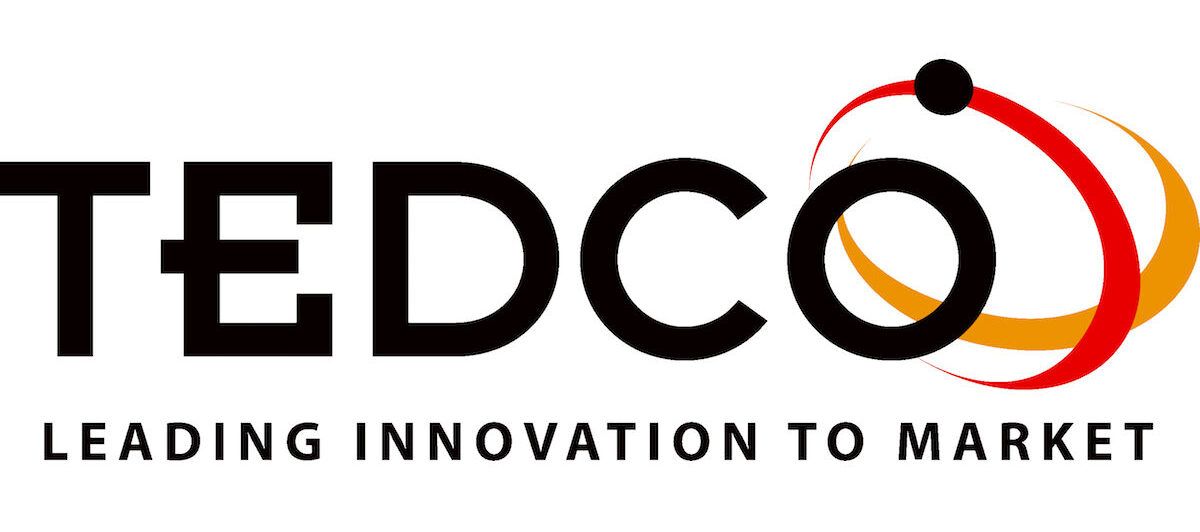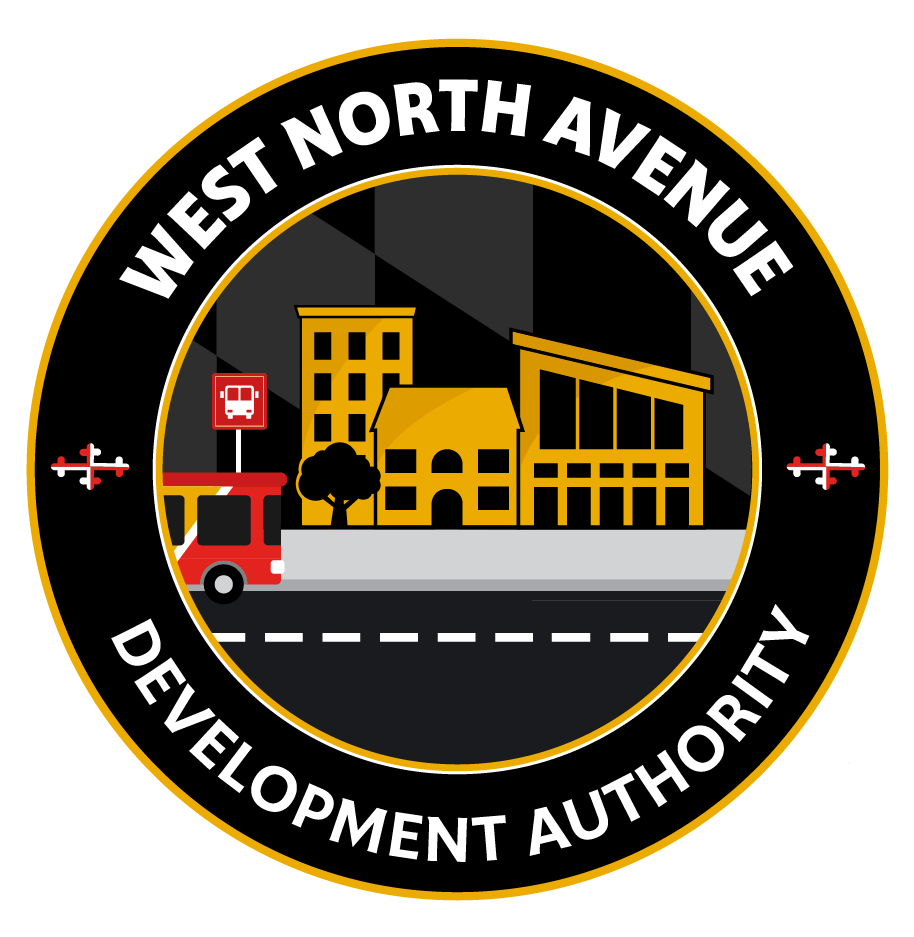2014 MEDA Fall Conference Recap
The Maryland Economic Development Association’s Fall Conference was held on October 26-27, 2014 at Rocky Gap Lodge in Allegany County, Cumberland, Maryland. The event, which kicked-off on October 26th with a Manufacturing Showcase and Tailgate event featuring Maryland-made products, vendors, and networking opportunities, focused on Advancing Manufacturing in Maryland.
Sponsors included: Comcast, the Maryland Economic Development Corporation (MEDCO), the Maryland Department of Business and Economic Development (DBED), the Allegany County Department of Economic and Community Development, the City of Cumberland Economic Development, the Garrett County Department of Community Planning and Development/Office of Economic Development, the Maryland Manufacturing Extension Partnership (MEP), the Washington County Department of Business Development, and TRPG – Made In Maryland and Rocky Gap Lodge (in-kind).
Throughout the day (October 27th), “fun facts” were presented on the following Maryland manufacturers: Goetze’s, Domino Sugar, Tulkoff Food Products, The Raven Beer, Holmatro Inc., Chesapeake Bay Roasting Company, Michele’s Granola, DAP Products, Salazon Chocolate Co., Pompeian Olive Oil, Sleepy Hollow Maple Syrup, McCutcheon’s Apple Products, Mick’s Gourmet Soup, de Lazy Lizard, Bergers Cookies, and National Golden Tissue.
Larry Twele, MEDA Board President, welcomed those in attendance on October 27th and opined that the conference kicked-off Economic Development Week. He advised that over 20 proclamations recognizing Economic Development Week were issued by counties and towns throughout the State of Maryland. Mr. Twele thanked the event sponsors and the staff at Rocky Gap.
WELCOME TO MOUNTAIN MARYLAND
Larry introduced Senator George Edwards. Senator Edwards welcomed those present to Mountain Maryland and Rocky Gap Lodge. He expressed the “one size does not fit all” concept when it comes to economic development and urged everyone to be aggressive, supportive, and speak with their legislators about economic development.
Mr. Twele then introduced Dominic Murray, Secretary of DBED. He commended the attendees for their collaboration on economic development initiatives throughout the state. He recognized October as the month of Cyber Security and Manufacturing month in Maryland. DBED’s recent manufacturing survey revealed that Maryland manufacturers employ over 100,000 individuals and support over 300,000 jobs throughout the state. Maryland manufacturers contribute over $20 billion to the state’s economy and account for $11.7 billion in exports. Sixty percent expect their sales to increase in the next twelve months. Secretary Murray then presented a special Governor’s Proclamation recognizing Economic Development Week. 
Larry reflected on Secretary Murray’s service and commitment to economic development over the past eight years. He thanked Secretary Murray for his understanding of business needs and the urgency of those needs, his passion to drive economic development throughout the state, and being a great partner and supporter of MEDA.
OPENING KEYNOTE SPEAKER
Mr. Twele introduced Michael Galiazzo, Ph.D. of the Regional Manufacturing Institute (RMI). Dr. Galilazzo thanked MEDA for making manufacturing a priority. He opined that manufacturing is the industry that transforms lives, is the pathway from poverty to prosperity, and provides the opportunity to explore a new vision about how manufacturing fits into our economy. Dr. Galilazzo introduced Sree Ramaswamy, Sr., Fellow at the McKinsey Global Institute, Business and Economics Research, who offered the opening keynote address.
 Sree Ramaswamy spoke about the diversity of manufacturing in Maryland, but how it is small compared to the remainder of the United States. He believes it is essential that we change our way of thinking when it comes to manufacturing; manufacturing is not about job creation. Sree spoke of four core principles to growing the manufacturing sector: (1) long-term competitiveness, (2) local and regional demand, (3) a healthy supplier ecosystem, and (4) awareness of new technologies.
Sree Ramaswamy spoke about the diversity of manufacturing in Maryland, but how it is small compared to the remainder of the United States. He believes it is essential that we change our way of thinking when it comes to manufacturing; manufacturing is not about job creation. Sree spoke of four core principles to growing the manufacturing sector: (1) long-term competitiveness, (2) local and regional demand, (3) a healthy supplier ecosystem, and (4) awareness of new technologies.
Sree also provided five examples of how to revitalize manufacturing ecosystems:
1. Follow Singapore’s lead with respect to productivity and innovation;
2. Model German business links by linking up SMEs with large firms;
3. Tap new investors from China;
4. Consider the eBay and Alibaba models by supporting direct imports through the use of online platforms; and
5. Adopt Canada’s technology approach by creating technology access centers.
As a final note, Sree said the key is always scale.
CLICK HERE TO VIEW HIS PRESENTATION
MEDA PANEL INRODUCTION
Carl Livesay, Manufacturing Director at the Maryland Department of Business and Economic Development, set the stage for the panels, which were designed to highlight companies that excel in manufacturing today and share available resources for continued growth in manufacturing.
Carl spoke about how manufacturing is on the upswing in Maryland, especially in the rural areas. Companies are hiring semi-skilled and skilled labor across the state; these are sustainable jobs. Manufacturing grows the middle class. DBED’s recent manufacturing survey revealed that (1) there are 3,680 manufacturers located throughout Maryland; (2) nearly 62% of manufacturing jobs are in advanced manufacturing; (3) 86.4% of advanced manufacturers report their adoption level of advanced manufacturing to be average or superior (i.e., Maryland produces and consumes more technology than other states); (4) more than 50% plan to invest in processes and equipment; and (5) exports have grown 29% since 2009.
New markets are emerging, and DBED plans to open the lines of communication, listen, and respond appropriately.
MEDA PANEL NO. 1 – HIGHLIGHTING INNOVATION
Jan Baum, Executive Director of 3D Maryland and a leading expert on additive manufacturing, moderated this Panel. Panelists included (1) Jeremy Wyckoff, Engineer, Manufacturing, Volvo Group Trucks, (2) John Danko, President, Danko Arlington Foundry, and (3) Guru Rama, CEO, Alio Designs, LLC.
This panel discussed how additive manufacturing, which is projected to be a $10.8 billion industry by the year 2020, has the ability to revolutionize and transform industries, as well as capture the imagination of future generations.
The panel discussed the 3D Maryland Initiative, a statewide leadership initiative that is developing a strong ecosystem along all industries. Although there may be initial start-up issues and learning curves with 3D manufacturing, the advantages (job creation, cost effective means of producing legacy parts and new products, consistent quality) outweigh those issues.
MEDA PANEL NO. 2 – LEAN BUSINESS
Jeff Fuchs of the Maryland World Class Consortia and Chair of the Maryland Advisory Commission on Manufacturing, moderated this Panel. Panelists included (1) Stan Kos, Lean Facilitator, ATK Aerospace Systems, (2) Andrea Lacasse, HR Manager, Wright Manufacturing, and (3) Shawn Wolf, President, Wright Manufacturing.
This panel discussed how LEAN helps make businesses more globally competitive and transforms both lives and businesses. LEAN is not about head counts, but is about helping business understand when to eliminate waste and free up talent and resources to grow their business. LEAN is also about continuous improvement and mutual respect between management and employees. It is a philosophy – a mindset – that does not require an influx of capital and applies to all processes. It is a strategy for growth, service, and value that must be leader-driven.
MEDA PANEL NO. 3 – RESOURCES FOR ECONOMIC DEVELOPMENT
Brian Sweeney of the Maryland Manufacturing Extension Partnership moderated this Panel. Panelists included (1) Jodie Bollinger, Business Development Specialist, Frederick County, (2) Renee Stephens, Senior Business Development Representative, Maryland DBED, (3) Kwasi Holman, Director of Economic Development, Charles County Economic Development, and (4) Keith A. Holmes, Program Manager-Rural Region, Maryland DBED.
This panel discussed how DBED works with local jurisdictions across the state to help move the companies located within those jurisdictions to the next level.
Jodie Bollinger discussed the Frederick County Manufacturing Roundtable. This roundtable provides an opportunity for local manufacturers to tour different facilities, share best practices, and learn from one another. Frederick County utilizes this Roundtable as a business retention/attraction tool. Jodie also spoke about the EARN grant awarded to MEP. Sixteen individuals participated in MEP’s first manufacturing bootcamp. All sixteen individuals found employment.
Renee Stephens spoke about a manufacturing roundtable she delivers at the state level. The first half of each roundtable features a speaker; the second half features a roundtable discussion. Attendees (1) participate in facility tours, (2) participate in tours to higher education institutions to learn what resources may be available to assist their business, (3) provide valuable input into what is and is not working with their businesses, and (4) voice issues/concerns.
Kwasi Holman discussed how Charles County was able to leverage DBED assistance to retain a company that was thinking about moving to Delaware. DBED provided invaluable assistance with respect to conditional loans and tax credits.
Keith Holmes spoke about how DBED can support local jurisdictions in attracting or retaining businesses. Support includes, but is not limited to, conditional loans, tax incentives, loan guaranties, and other programs.
LUNCHEON KEYNOTE ADDRESS
Sandy Montalbano D’Amico, Consultant at the Reshoring Initiative, gave the luncheon keynote address. Ms. D’Amico spoke about how reshoring works globally and is the concept of localization – producing near the customer. She explained that 60% of U.S. companies made the initial decision to offshore products based on miscalculations. A growing majority of large manufacturers are now planning/considering reshoring from China to the U.S. The top three reasons cited for reshoring are (1) labor costs, (2) proximity to customers, and (3) product quality.
 Sandy stressed that reshoring is occurring, in part, as a result of rising overseas labor costs and rising global shipping costs. It will allow companies to improve customer service, improve profits, improve quality control, provide increased long-term corporate stability, and capitalize on the appeal of the “Made in America” label. Reshoring can be a powerful public relations tool.
Sandy stressed that reshoring is occurring, in part, as a result of rising overseas labor costs and rising global shipping costs. It will allow companies to improve customer service, improve profits, improve quality control, provide increased long-term corporate stability, and capitalize on the appeal of the “Made in America” label. Reshoring can be a powerful public relations tool.
U.S. companies have reshored 120,000 plus jobs since 2010. In 2013, the U.S. struck a balance between jobs offshored and reshored.
Sandy’s take-away: Reshoring is more effective than exporting. The U.S. is much more competive at home.
CLICK HERE TO VIEW HER PRESENTATION
CLOSING COMMENTS
In closing, Larry Twele reminded those in attendance of the MEDA Awards’ deadline of December 5thand the January 15th 2015 MEDA Winter Conference in Annapolis, which will feature the annual legislative outlook. He also provided information about a Twitter chat being hosted by DBED on Wednesday, October 29th, at noon.
Larry thanked everyone for attending the conference and urged them to remain for the Economic Development Directors’ meeting, which immediately followed the conference.



